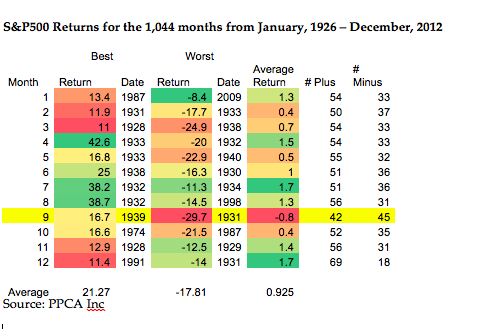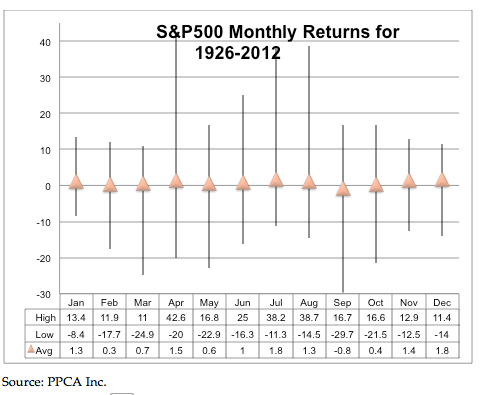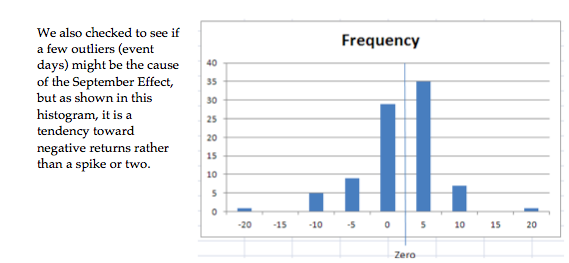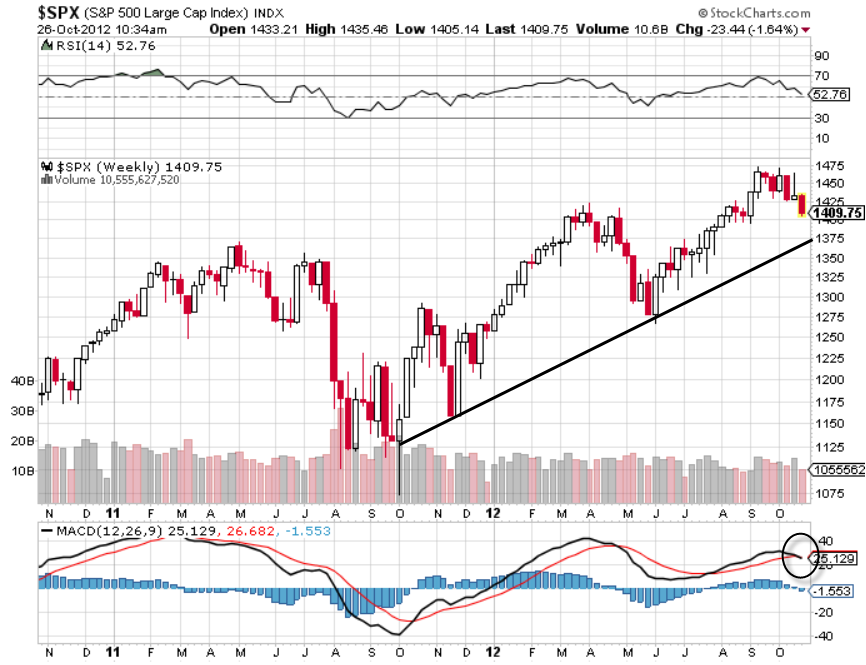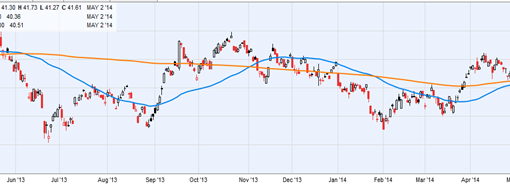Many are familiar with the “January effect,” which is the tendency for the stock market to perform well in January. There’s a lesser well known “September effect” that is just the opposite. Will September of 2013 conform to a history of disappointment?
As the chart down below shows, the month of September stands out as being the most likely to disappoint. Here are some observations:
-
September’s -.8% average return is the not only the lowest, it’s the only month with a negative average return.
-
Unlike the other 11 months, September is more likely to produce a negative return (44 months is 51% of the time) than a positive return (43 months is 49%). All of the other months have a history of positive returns 60% of the time.
-
September’s worst return – losing 29.7% in 1931—is the worst of the worst.
-
September’s best return – 16.7% in 1939 – is far below the average of the best returns, at 21.27%, although it is median.
So why is September such a nasty month? I’d like to hear your opinions, especially regarding your outlook for the upcoming September. Here’s my opinion. I think it’s due to the fact that investors are done with their vacations, so they’re back at their computers trading, and mucking things up.
In his 1999 book, The Beast on Wall Street, Dr. Robert Haugen documents the fact that market volatility is mostly driven by investor behavior. Specifically he shows that there is only a weak connection between major events and market swings. Little has happened historically on the days of big market swings, and the market response has been ho-hum on big event days.
A related explanation is that investors start their tax loss harvesting in September, to get ahead of the end-of-year crowd. This would represent the flip side of the “January effect” which is caused by investors buying back the stocks they sold for tax purposes.
If my explanation is correct, this September is likely to disappoint because investors will be back at their trading desks, but history tells us that it is a coin-flip probability – worse than the other 11 months but not all that predictable.
The investments discussed are held in client accounts as of July 31, 2013. These investments may or may not be currently held in client accounts. The reader should not assume that any investments identified were or will be profitable or that any investment recommendations or investment decisions we make in the future will be profitable.
